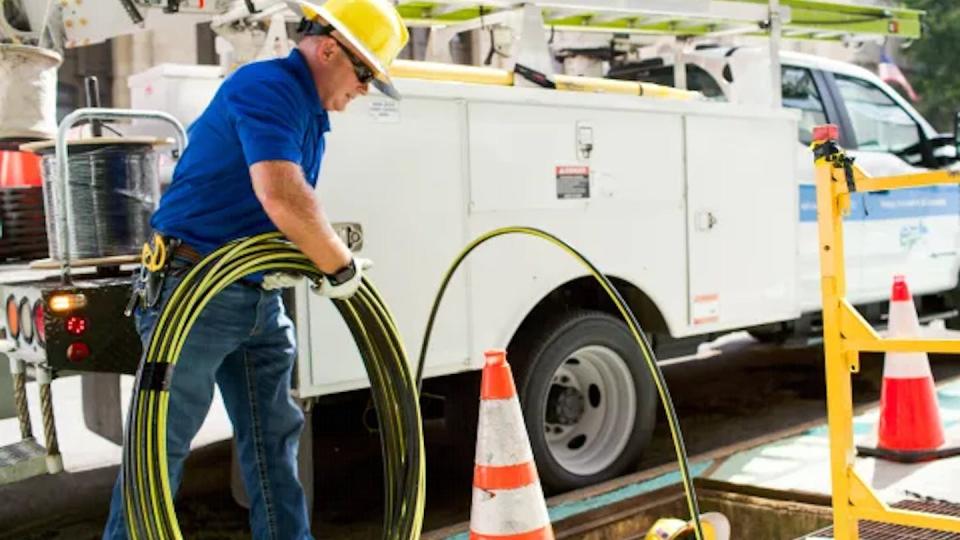Small ISPs And Munis Top Consumer Reports Ranking While Altice, Comcast Fare Poorly
Consumer Reports’ latest survey of the most popular ISPs in America is once again dominated by smaller providers and community-owned and operated broadband networks.
The magazine’s semi-paywalled report measured the opinions of 48,000 readers on a 100 point scale across four criteria: value for money, connection reliability, customer service, and speed.
The top ranked (95 points) ISP in the nation according to Consumer Reports was Greenlight, a small fiber operator that deploys largely around upstate New York. The second (92) was EPB, the community-owned fiber network in Chattanooga, Tennessee whose deployment has helped the city envision an estimated $2.69 billion return on its initial investment.

At the same time, regional monopolies that benefit from muted competition and oversight continued to fare poorly in the magazine’s rankings.
Expensive and usage-capped satellite broadband services fared the worst (HughesNet (14) and Viasat (14)), followed by a peppering of regional cable and telco monopolies like Comcast Xfinity (28), CenturyLink/Lumen (25), Mediacom’s Xtream (25), or Altice’s Optimum (20).




